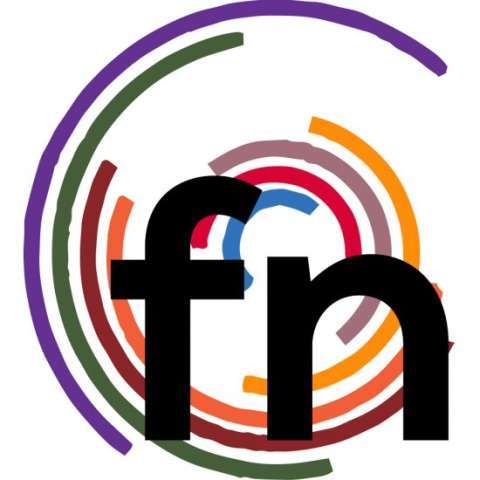How to Engage Your Art Website Visitors
Carolyn Edlund
Getting website traffic is step one. Now, keep those visitors in the loop and coming back. Here are a few tips on increasing engagement with visitors to your art website:

"9 Knots" by artist Manon Sander
1. Make your Home page inviting with a compelling image of your work and a professional design.Be sure that your website is easily navigated. Frustrated visitors will just click away.
Read more!







 5. The Admin Panel (seen above) is a new feature located at the top of your Page. Here is the place you can connect with your audience. Read client private messages, see who's been active on your Page in the Notifications and New Likes. When you have 31 Likes you also have the use of collecting user data through Facebook Insights.
5. The Admin Panel (seen above) is a new feature located at the top of your Page. Here is the place you can connect with your audience. Read client private messages, see who's been active on your Page in the Notifications and New Likes. When you have 31 Likes you also have the use of collecting user data through Facebook Insights.








 1. What is your most desired result to be achieved from your marketing activities?
1. What is your most desired result to be achieved from your marketing activities? "If you think breaking even is alright, you are doomed for failure."
"If you think breaking even is alright, you are doomed for failure."  It happened again! I talk to a group of artists about using social media like blogs, Facebook, Twitter, and LinkedIn. I tell them that this is part of a marketing program and that, yes, it will take time. I warn them not to get sidetracked using social media and forget to go into the studio-that the studio is always the priority. Still, they grumble, whine, and make excuses. (I had spies at the lunch table after my talk!)
It happened again! I talk to a group of artists about using social media like blogs, Facebook, Twitter, and LinkedIn. I tell them that this is part of a marketing program and that, yes, it will take time. I warn them not to get sidetracked using social media and forget to go into the studio-that the studio is always the priority. Still, they grumble, whine, and make excuses. (I had spies at the lunch table after my talk!)
